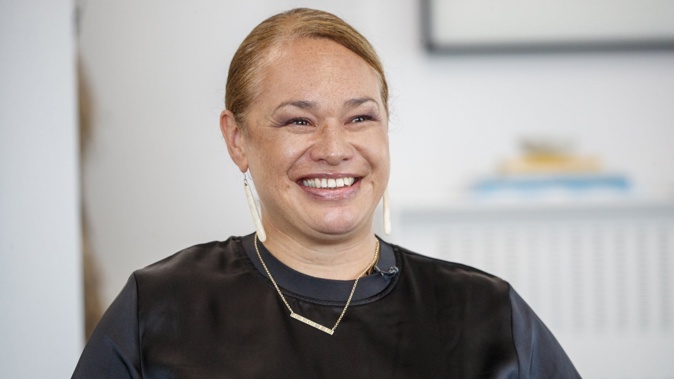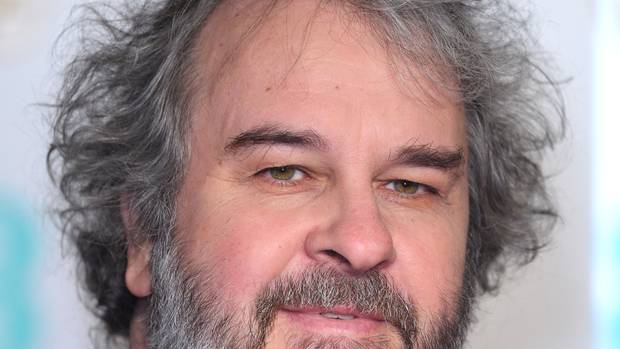PHOTO:
An economist has warned Kiwis should expect hard times ahead but says New Zealand is unlikely to see a recession.
It comes after Statistics NZ revealed last week the country’s Gross Domestic Product (GDP) fell 0.2 percent over the March quarter.
Independent Economist Cameron Bagrie told AM despite fears New Zealand could be heading towards a recession, he expected GDP to bounce back.
“We are not going to be in a recession right here and now. Those GDP figures we saw last week had a fairly strong Omircron effect,” Bagrie told AM co-host Melissa Chan-Green.
“People weren’t going out over February/March period, we are going to see a bit of a bounce-back within the headline GDP figures for the April, May, and June quarter. It won’t be a flash story but it will be an okay story.
“The real reality test is where is this economy going to be in the back half of 2022 and 2023.”
Bagrie said the “million-dollar question” is whether New Zealand will have a soft or hard landing.
To avoid a “hard landing”, New Zealand needs to get on top of the inflation pressure currently grappling the economy, Bagrie explained.
“What can we do to avert that [hard landing]. Let’s get on top of that inflationary story. We need interaction, we need help between monetary policy and fiscal policy. What does the Government need to be doing? It needs to be spending less, not more.”
Bagrie slammed the Government’s Budget released in May, saying the amount of spending wasn’t appropriate for the current environment.
“That 2022 Budget was the wrong sort of budget to be delivering in an inflationary environment. We need to be reconnecting with the rest of the world,” he told AM.
“Some of these little problems that have been around a long time, like international access to GIB plasterboard, these sort of issues should have been sorted out years ago. Competition across the supermarket sector, it was a failure to actually let the sector go down to two incumbents as opposed to three or four within the sector.
“All these sorts of little things, are now starting to come back up at us and we need to have a ruthless obsession with what’s called microeconomics and not big-spending macroeconomics.”
READ MORE VIA NEWSHUB














